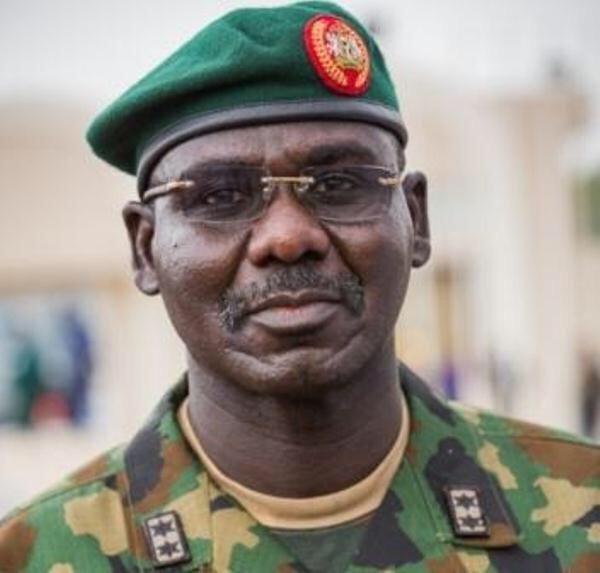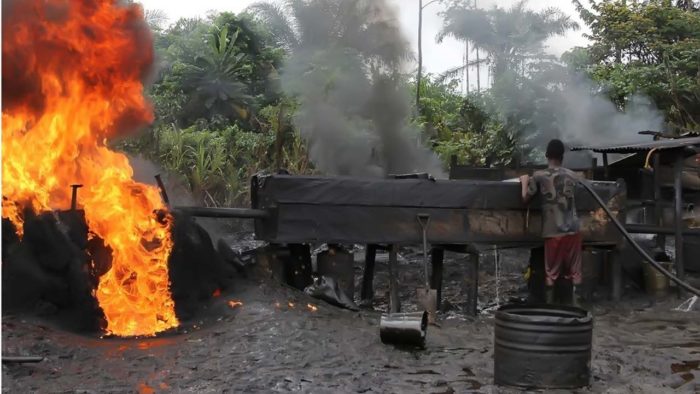Reps Kicks Against New Language Policy By Nigerian Army
The House of Representatives, Wednesday, kicked against the new local language policy proposed by the Nigerian Army.
The House also urged the Chief of Army Staff, Lt.-Gen Tukur Buratai to stop the implementation of the policy.
The new policy which the House said was announced recently by the Spokesman of the Nigerian Army, Brig-Gen. Sani Usman, mandated military personnel to learn and be proficient in the three major Nigerian languages of Yoruba, Igbo and Hausa by December, 2018, before joining the service.
But by considering and adopting a motion co- sponsored by Hon. Abiante Awaji-Inombek Dagomie and Hon. Douye Diri, titled “Need to Stop the Discriminatory Local Language Policy Proposed by the Nigerian Army”, the members of the House, rejected the decision. Moving the motion, Dagomie reiterated the need for the Army to continue with the practice of communicating in English language in a multi-lingual Army.
Dagomie, who said that the policy infringed on the fundamental rights of the minority languages in the country, added that it would serve no purpose beyond fractionalisation and marginalisation in the Army.
He said, “Nigeria is home to languages, numbering about 400 and that language gives insight into the personality and culture of a people. Therefore, such a local language policy proposed by the Nigerian Army infringes on the fundamental rights of the minorities not to be foisted with the linguistic and cultural hegemonies of major languages.
‘This situation, should it continue unabated, will lead to discrimination and exclusion from employment opportunities, promotion and ambush of the legitimate aspirations of overwhelming numbers of non-native speakers of Yoruba, Igbo and Hausa in the Army.
“Nigerian society is heterogeneous and as such, in contemplating policies, care must be taken to steer discourse to what is integrating, progressive and amenable. This is to ensure mass involvement in the national development and democratic processes rather than pandering to primordial or tribal biases.
‘The policy flies in the face of an increasingly globalising world where proficiency in an international language is the current inclination. When we all use the same language, we have a common understanding of precisely what we mean and what is expected.”
The Deputy Speaker, Yusuf Lasun, presided over the plenary, referred the motion to the Committee on Army to interface with the Chief of Army Staff on the policy with a view to ensuring a stop to it.
The committee is to report back in four weeks.




